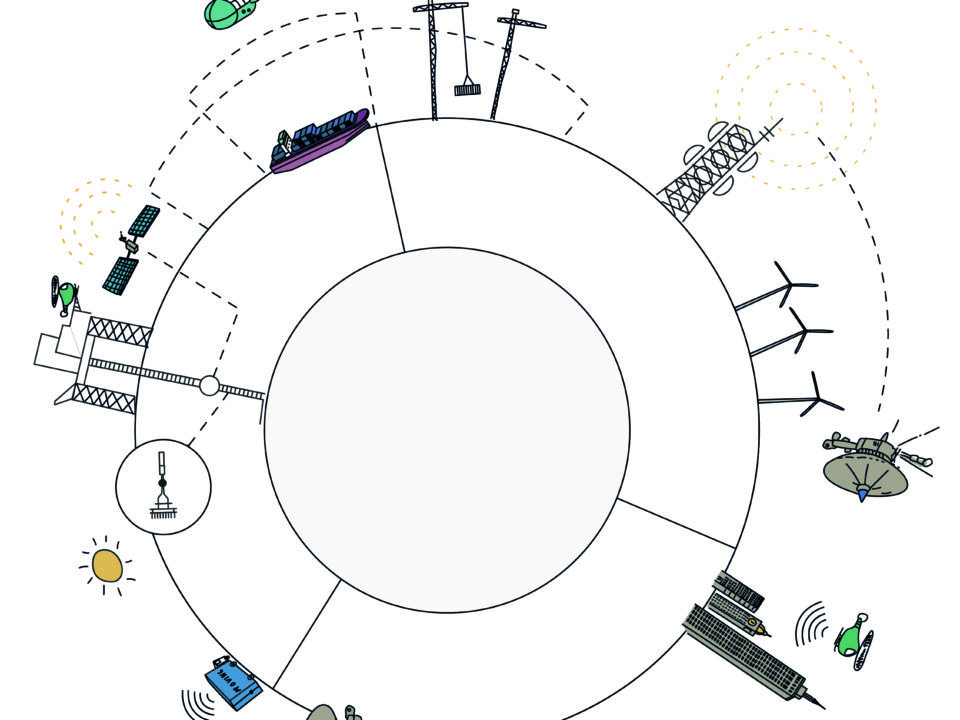EU’S SEPs plan draws fire from patent experts (via Mlex)
The following article was republished with the permission of Mlex.
Draft EU legislation to ease the licensing of tech patents for the next generation of devices will create inefficiencies, undermine legal certainty and lacks solid evidence, a top judge at the Unified Patent Court and a senior official at the European Patent Office have said. They warned that the new law, currently under discussion by EU legislators, risks adding to costs, creating a “redundant” parallel structure, and may “shift battlefields” to courts outside of Europe.
By Lewis Crofts
Draft EU legislation to ease the licensing of tech patents for the next generation of devices will create inefficiencies, undermine legal certainty and lacks solid evidence, a top judge at the Unified Patent Court and a senior official at the European Patent Office have said.
They warned that the new law, currently under discussion by EU legislators, risks adding to costs, creating a “redundant” parallel structure, and may “shift battlefields” to courts outside of Europe.
The patent specialists urged for more reflection on the need for any legislation — a view backed by some EU lawmakers.
Today’s objections were voiced at a breakfast hosted by Maria da Graça Carvalho, a member of the European Parliament, who said talks on the draft legislation were riven with “divergent positions.” The meeting was co-organized by Qualcomm, a US chipmaker owning patents essential to some mobile communication standards.
Last April, the European Commission put forward a new law that would mean holders of standard-essential patents, or SEPs — companies such as Qualcomm, Ericsson and Nokia — need to register their intellectual property in an EU-mandated database and submit it for independent assessment. IP users would be able to call on outside experts to intervene in licensing disputes to determine fair licensing rates.
The commission believes its SEPS regulation will bring greater transparency and ensure that technologies that might be used in a new generation of connected devices can get licenses.
The European Parliament is discussing amendments to the legislation and a report by lead lawmaker Marion Walsmann has been broadly supportive of the original proposal (here). But her approach has drawn contrasting reactions: SEP-holders are critical of the report, while implementers are more in favor.
Rian Kalden, a judge in the Court of Appeal of the Unified Patent Court, or UPC, said: “Is there a problem that needs to be solved? There is not. The courts should be given the opportunity to develop the case law. We are going in the right direction.”
“I find it very difficult to see how this proposal could work for any SEP. The delay is unacceptable. It is adding cost,” she said, stressing her views were personal but shared by other UPC judges.
Her view echoed that of Swedish center-right EU lawmaker Jörgen Warborn, who said legislators needed to pause and consider whether the dossier should advance at all. “Maybe it would have been better just to reject the proposal as it is at the moment,” Warborn said.
Kalden argued there were no major shortcomings in the existing patent system and that the establishment of the UPC last year as a single jurisdiction for the 17 EU countries that have signed up to it so far should be given time to bed down and develop case law.
She voiced doubts over whether the EU proposal would lead to more out-of-court settlements, saying rather it may infringe fundamental rights by denying access to courts. “All in all, it can be questioned if the proposal is sufficiently balancing the interests of the SEP holders and implementers,” she said, doubting any “positive effect.”
Evidence
Michael Fröhlich, a director at the European Patent Office, said that the evidence put forward by the commission to justify a legislative intervention was “inconclusive” and “not really a solid evidentiary basis.”
He said the changes that the law introduced were “drastic” and incur “excessive regulatory burdens and delay access to justice.”
The proposal envisages a patent register managed by the EU Intellectual Property Office in Alicante. But some lawmakers have called for this function to be transferred to the European Patent Office, which has more relevant experience but is not an official EU agency.
Fröhlich warned against creating a “redundant structure” at the EU Intellectual Property Office and said it would be “sensible” to use the existing UPC structures. Kalden also pointed to an arbitration center at the World Intellectual Property Organization as an existing avenue for solving disputes.
Global dimension
Kalden and Fröhlich both highlighted the global nature of IP disputes, arguing that the EU proposal might undermine Europe as a forum for such litigation. This could benefit other jurisdictions such as China, and also undermine European businesses, they argued.
The UPC judge warned that the “European Union will be out of control of Frand dispute resolution,” noting that courts in China, Brazil and India aren’t bound by EU law.
She said it would be “detrimental” to unitary patents litigated in her court and therefore will harm small and medium-sized companies, who benefit most from the UPC architecture.
“Several measures, in particular, the compulsory Frand determination seems to ignore the fact that the European judicial system … is competing with other judicial systems worldwide,” Fröhlich said.
“Barring parties from going to court in the EU might not lead to an amicable settlement of the dispute. That would just lead to a shift in battlefields and litigation taking place outside the EU,” he said. “This might seriously harm Europe’s current position as a preferred venue for SEP settlement dispute, leading to a loss of influence of Europe in this important area.”
The committee leading the parliament’s review of the legislation is slated to vote by the end of January. Talks among EU governments, who can also amend the law, are going more slowly and have led to 250 questions seeking clarity on the draft, Warborn said.
“It signals we have to stop and think and probably redo some of this proposal,” the Swedish lawmaker concluded.
“We believe the regulation in its current form is somewhat beyond repair,” Froehlich said.
Please e-mail editors@mlex.com to contact the editorial staff regarding this story, or to submit the names of lawyers and advisers.
Image: Image by macrovector on Freepik




